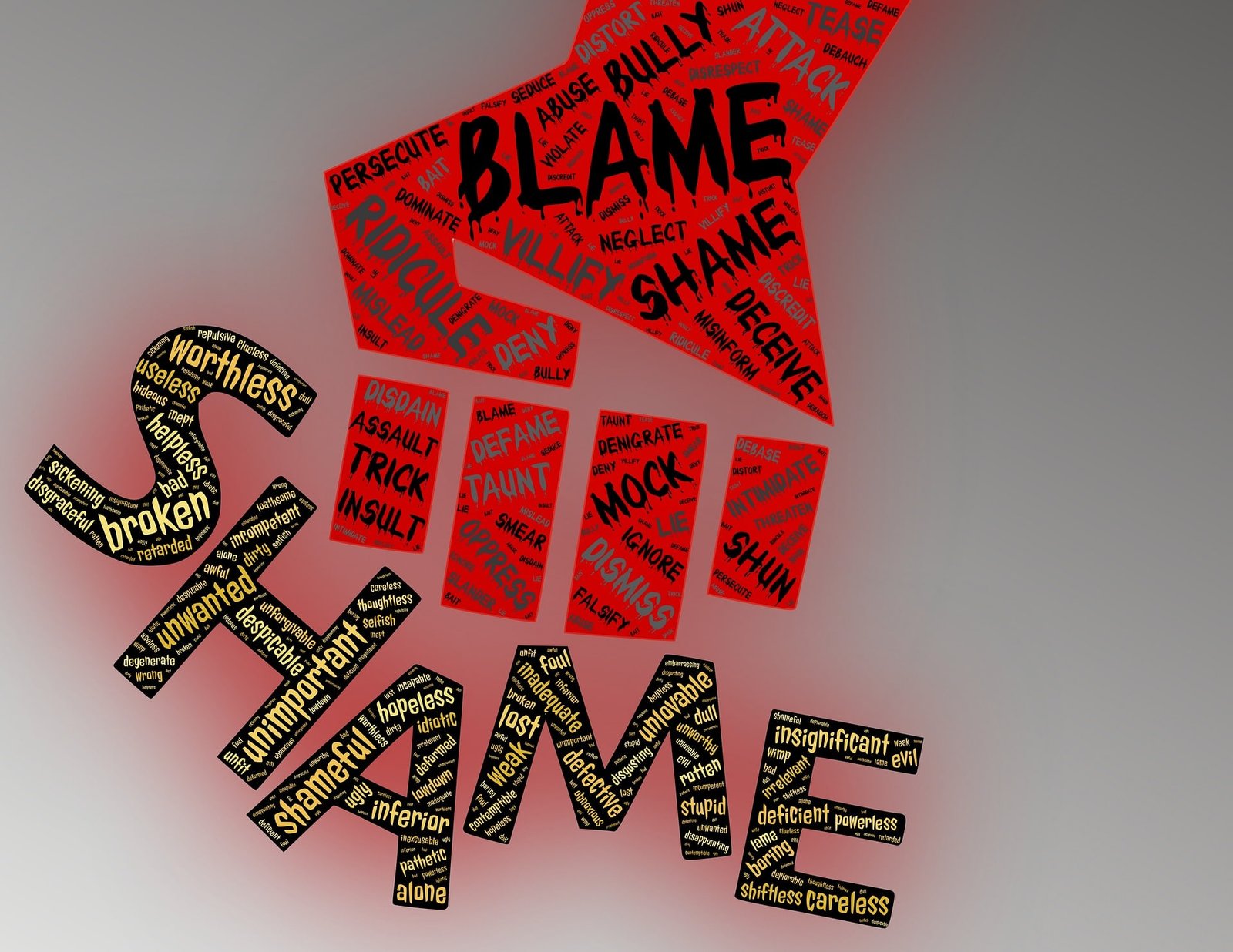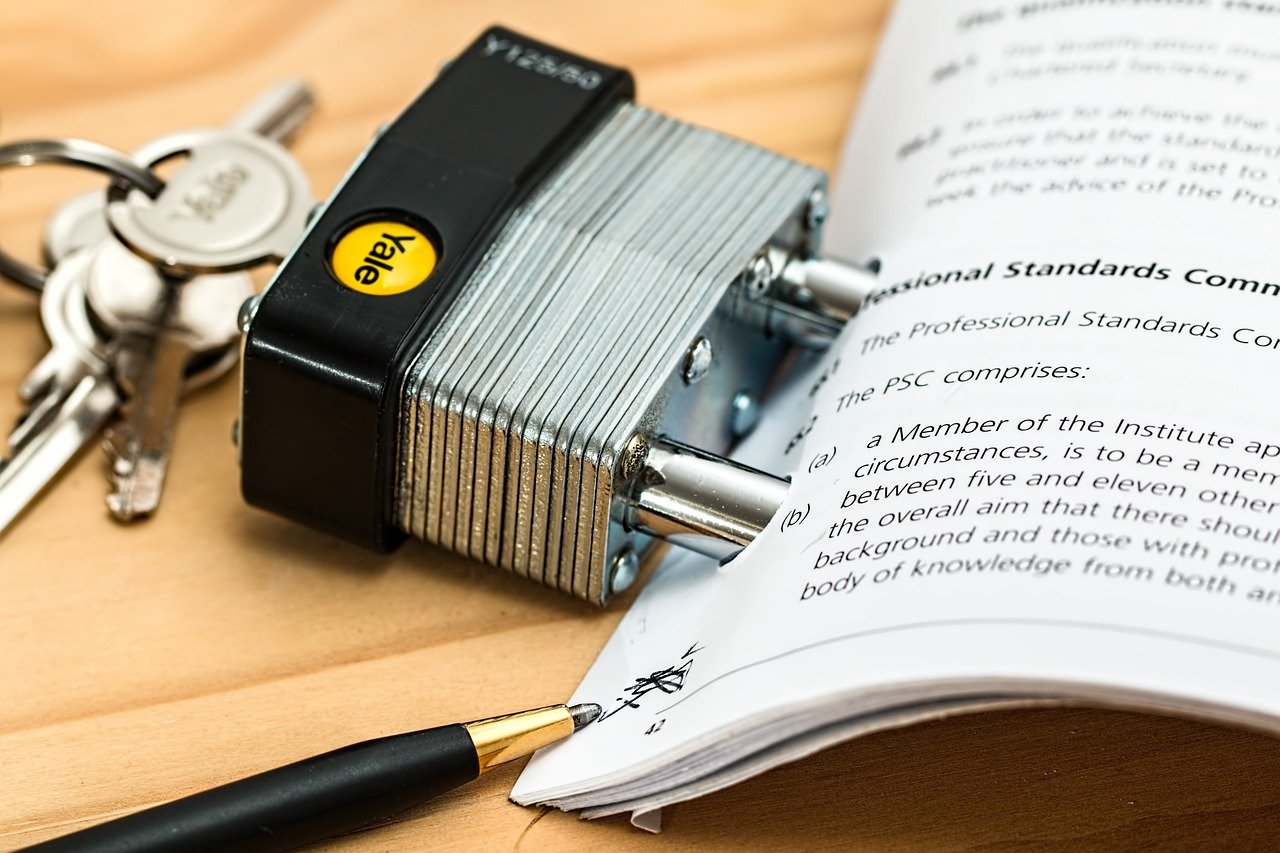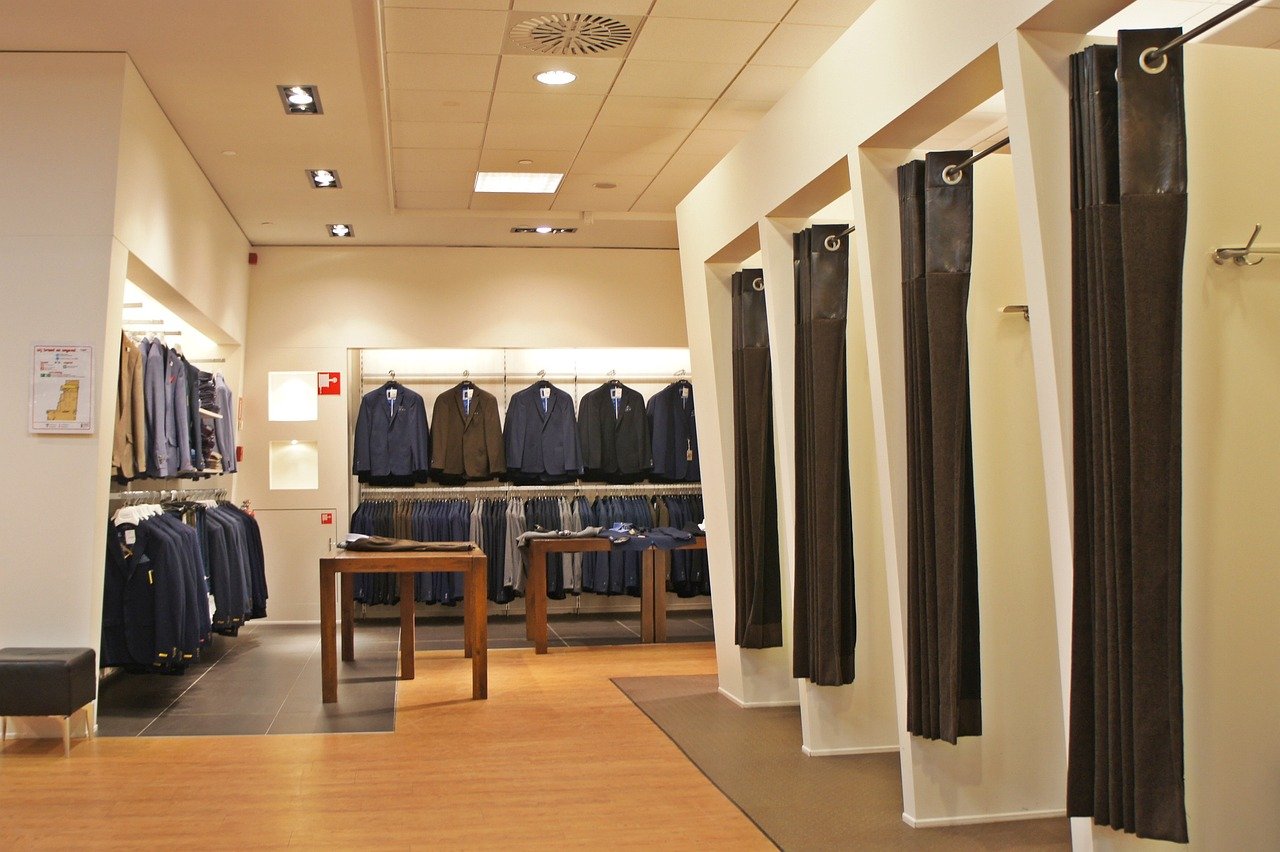The attitude that we should avoid seeing ourselves or others as victims hampers recovery and perpetuates abuse, argues Beverly Engel.
“To Not Have Your Suffering Recognized is an Almost Unbearable Form of Violence.”
Andrei Lankov
Americans have become increasingly critical of “victims.” From many people’s perspective, presenting yourself as a victim is weak, even contemptable. In fact, the word victim has become a dirty word, synonymous with being a loser. It has become so unpopular to be perceived as a victim that people go out of their way to make it clear that just because they have been victimized it doesn’t mean they are a “victim.” They make sure we all understand that they are strong and will survive whatever calamity they have experienced. Even rape victims insist on not being seen as a victim, going out of their way to make sure everyone knows that they aren’t going to let the rape define them.
Americans also have a hero-worshipping mentality that is robbing us of our humanity. It starts in childhood when even small children are taught to “suck it up” and be strong instead of allowing themselves to cry and feel their pain. It is especially drummed into the minds of boys and both male and female athletes to not give into feelings of sadness at their defeat but to cover it up with fantasies of victory the next time. This mentality shows up in the numbers of children who are bullied because they are perceived as weak. And it shows up in the way we respond to victims of bullies. We tell them “don’t let them see you cry” instead of acknowledging how frightening, humiliating, and damaging it is to be taunted, pushed or beaten by those who are bigger or stronger than we are. And finally, it shows up in our callous refusal to have compassion for those who have been victimized by crimes such as domestic violence or sexual assault.
Blaming the Victim
Not only do we ignore the outcries of victims but we end up shaming and blaming them. This is because we can’t tolerate what we perceive as weakness in others. It reminds us of our own weakness and vulnerability. What better way to protect ourselves from the reality that we can all become victims than to blame victims for their own victimization? If the young woman who was raped at a college fraternity party hadn’t been drunk, she wouldn’t have been gang raped. After all, she put herself in a dangerous situation. She should have known better. It was her own fault.
We have these negative attitudes toward victims because we want to hold onto the fantasy that we all have choices, that all it takes to get out of a bad situation is courage and determination. We don’t want to admit to ourselves that there are times when we have no choice—times when we have to take the mistreatment that others are putting on us.
Those people who have a lot of power are especially loathe to being seen as a victim. As human beings we want to believe that we have control over what happens to us. When that personal power is challenged by a victimization, particularly when a crime is committed against us, we feel humiliated. We believe we “should have” been able to defend ourselves. This feeling is particularly strong in males.
Instant Recovery
Not only do we ignore and blame victims but we expect them to recover from their adversity in record time. In our culture we are supposed to “get over” adversity and many people don’t have much tolerance or patience for those who don’t. But this concept of “instant recovery” is an extremely unnatural and unreasonable expectation. It takes time to recover from adversity, and healing can’t really take place until there is a complete acknowledgement of what actually transpired and how it made the victim feel.
Victims sense that it isn’t okay to talk about their pain. They are told that instead of “wallowing” in their pain they should be strong and move on. So they shore themselves up with walls of defensiveness, attempting to take back the control they once felt. Thus, we see the child who was emotionally abused by his mother growing up to emotionally abuse his wife and children; the boy who was physically abused by his father becoming a bully toward other children at school; the girl who was sexually abused growing up to be a stripper, fooling herself into thinking that in this way she can have power over men. In all these situations, the pain and shame of having been victimized have not been healed—they have just been covered up with bravado and grandiosity.
We’re Feeling Victimized
Unfortunately, in spite of American’s hatred and dismissal of victims, many of us are finding ourselves feeling victimized. Many of us are feeling helpless and powerless. Why is this? Because we find ourselves with a President who is a bully, a liar, an admitted sexual assaulter, a bigot, and a tyrant. Many feel victimized by his divisive and erratic rhetoric, his chaotic, illegal actions and most profoundly, his inaction on important issues such as gun control, the dangers of climate change, the caging of immigrant children, Russia’s interference in our elections and White Supremacy.
Many people feel frustrated, if not impotent and terrified, due to the fact that no one is able to stop Trump from continuing to tear this country apart. So what do Americans do about the fact that so many of us are feeling victimized daily by Donald Trump? How do we justify the fact that all of us strong, determined people have let this happen to us? After all, isn’t that what so many believe about other victims? That they caused their own victimization?
You would think that with our pervasive negative attitude toward victims the average American would do everything possible to avoid being a victim themselves. You would certainly expect Republicans, in particular, who often express impatience and even disdain for anyone who seeks help, especially public assistance, to take action on their own behalf. But ironically, few people are doing anything to stop Trump—not even Republicans in the White House. Sure, we complain on Facebook and other social media, political pundits complain about his latest atrocity on TV every night, and some people join protest marches and work hard to get donations for their favorite Democratic nominee for President in 2020. But, with the exception of some Democratic politicians and some courageous and brilliant journalists who risk their reputations, their jobs and sometimes their lives to uncover and bring us the truth, there are few people who are willing to stand up to this abusive bully.
It would be wonderful if at least one good thing could come out of this national tragedy—if more people were now feeling more compassion toward victims, if more people have gained a new-found respect and understanding for victims and what they go through. If the average person who has been critical and impatient with victims could suddenly have an epiphany and realize that they now understand how it feels to be powerless and helpless against an abuser, it could be a major turning point in our country. Unfortunately, we can’t say this is happening. Instead of us gaining more compassion and empathy for victims, most people are just feeling what most victims feel—hopeless, helpless and powerless.
Do you feel victimized by the fact that a bully and an abuser is devastating our country? Do you feel powerless to change the situation? As I hope the experience with Trump is making perfectly clear—anyone can become a victim and therefore, there is no shame in being a victim. There is no shame because it is never the victim’s fault. The entire responsibility and blame lies with the abuser.








Article Discussion